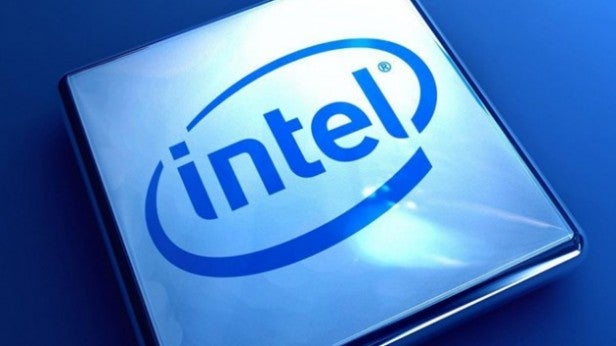Intel’s latest security patch addresses familiar-sounding issues

It’s all kicked off over on the Intel security blog. A recent post has revealed that its latest patch is intended to address numerous security vulnerabilities, which could be exploited by attackers looking to find passwords and sensitive data.
According to the blog post, the update should “substantively reduce the potential attack surface” for those using certain Intel chips. Intel has also gone to great lengths in the post to point out that the patch is part of its regular internal security schedule.
Related: Best Intel processor
But this comes after Intel’s other patch in May, which was also intended to address numerous vulnerabilities… of a similar nature. The frequency of these updates has left some people questioning how well Intel is handling the ongoing security issues.
In response to a piece published by Engadget, Intel said:
“We are committed to addressing security vulnerabilities affecting our customers and providing responsible guidance on the solution, impact, severity, and mitigation. We have been very public about how we handle disclosures, including our strong belief in the value of coordinated disclosure.
“We take seriously all potential security vulnerabilities whether they are found internally or externally, and actively collaborate with all parties to ensure mitigations are in place before public disclosure.”
Intel’s security woes can be traced back to the January 2018 revelations, when a major security flaw was exposed in Intel chips – and most other microprocessors too.
In brief, a design flaw meant that malicious applications could access your machine’s kernel memory data. This is pretty much where you don’t want anyone to be – it’s where your login credentials are stored, along with unencrypted credit card information.
Related: Best VPNs for security and privacy
At the time Intel quickly released a patch that should have fixed the issue, but the ongoing security updates suggest that this might be a problem that’s not about to go away any time soon – for Intel and other chip producers.


